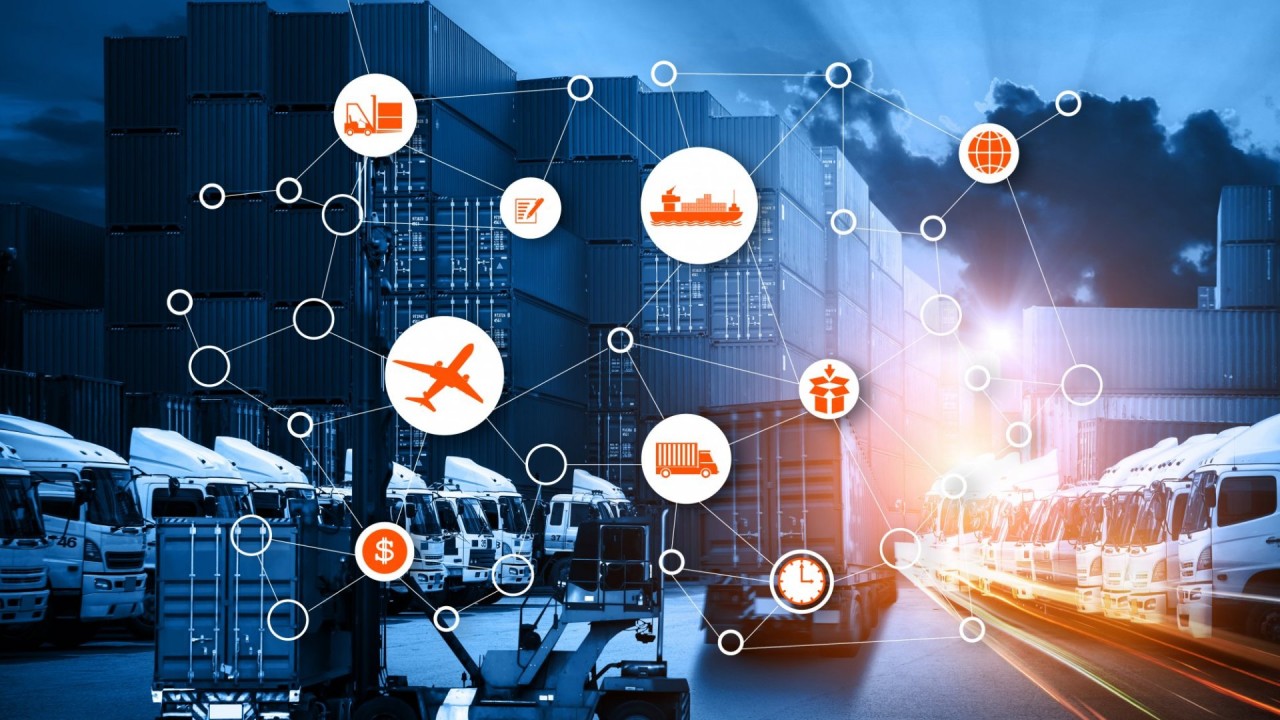Transforming Supply Chains: The Impact of Blockchain Technology
Blockchain technology has emerged as a disruptive force in revolutionizing how supply chains operate. Its decentralized, transparent, and immutable nature brings unparalleled advantages, transforming the traditional logistics landscape.
Understanding Blockchain in Supply Chain Management
Blockchain, a distributed ledger technology, enables the creation of secure and transparent records of transactions across a network. In supply chain management, it allows for the transparent recording of each step in the production and distribution process.
Transparency and Traceability Advantages
The transparency offered by blockchain ensures a clear view of every transaction within the supply chain. This transparency translates into enhanced traceability, allowing stakeholders to track products’ journey from origin to the end consumer.
Mitigating Counterfeiting and Fraud
The immutable nature of blockchain records makes tampering virtually impossible. This feature significantly reduces the risk of counterfeit products entering the supply chain, providing authenticity and security for consumers.
Efficiency through Smart Contracts
Smart contracts embedded in blockchain streamline supply chain operations. These self-executing contracts automatically trigger and enforce agreements when predefined conditions are met, reducing administrative tasks and optimizing processes.
Supply Chain Disruption Resilience
Blockchain technology offers resilience against supply chain disruptions. Its decentralized nature means that even if one node fails or is compromised, the rest of the network remains operational, ensuring continued data integrity.
Collaborative Ecosystems and Partnerships
Blockchain fosters collaboration among supply chain partners. It encourages trust and cooperation by providing a secure platform for sharing information, optimizing logistics, and fostering stronger relationships among stakeholders.
Integration Challenges and Adoption Hurdles
While the benefits are clear, integrating blockchain into existing supply chain systems poses challenges. Issues such as standardization, interoperability, and the need for infrastructure updates hinder widespread adoption.
Scalability and Performance Enhancement
As blockchain evolves, efforts are underway to enhance its scalability and performance. Advancements aim to address current limitations, ensuring that the technology can handle the volume of transactions required within supply chains.
Sustainability and Ethical Sourcing
Blockchain facilitates transparency regarding sourcing and sustainability efforts. It enables consumers to trace the origins of products, ensuring ethical sourcing practices and fostering a demand for environmentally friendly products.
Future Prospects and Industry Evolution
The future of blockchain in supply chain management holds immense promise. As more industries recognize its potential, ongoing innovations and collaborations are expected to drive further advancements and adoption.
Blockchain Supply Chain management isn’t merely a technological upgrade; it’s a paradigm shift. It transforms traditional supply chains into transparent, efficient, and secure ecosystems, ensuring integrity and trust across the entire logistics journey.

